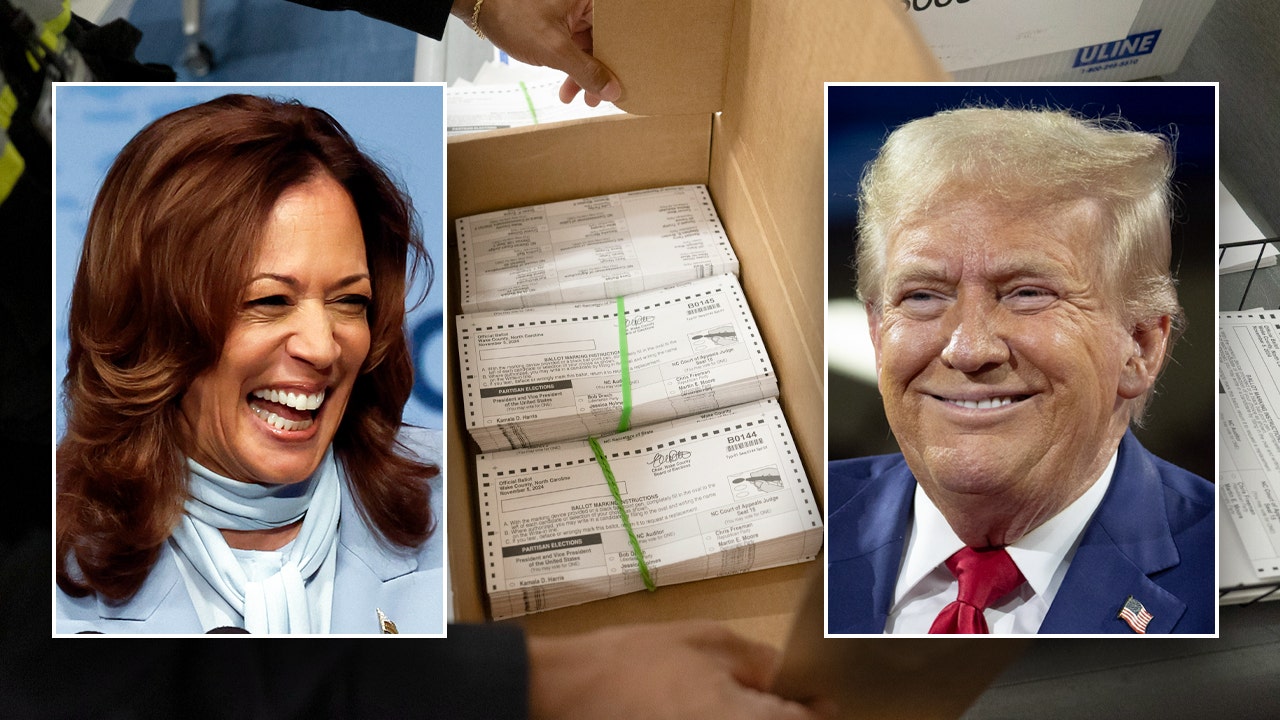A federal judge ruled that a common tactic used byU.S. Immigration and Customs Enforcement (ICE) to arrest illegal immigrants is unconstitutional.
U.S. District Judge Otis D. Wright ruled last week that ICE’s “knock and talk” practice of arresting illegal immigrants at their home must end, a victory for migrant rights activists who argued that agents rarely obtained warrants and instead began to rely on migrants voluntarily answering the door.
The ruling, which was first reported by the Los Angeles Times, applies only to ICE’s Los Angeles field office, which has jurisdiction in much of Southern California.
6 MEN CHARGED WITH STAGING STRING OF CHICAGO-AREA ROBBERIES TO GET IMMIGRATION VISAS
An expert witness testified that “knock and talk” accounted for at least 8% of arrests made in 2022. (Charles Reed, Immigration and Customs Enforcement (ICE) )
ICE’s Los Angeles field office relied heavily on the tactic, with an expert witness testifying that it accounted for at least 8% of arrests made in 2022. The tactic is one of the four primary methods the agency uses to make apprehensions, according to the Los Angeles Times report.
Wright rejected ICE’s argument that, like mail carriers and delivery people, its agents could enter constitutionally protected private areas in order to knock on the door. His decision noted that agents would approach a migrant’s home without consent and “generally state that they are ‘conducting an investigation,'” but would not reveal their true intent for being at the home.
“Despite often stating a different purpose for their visit, the true ‘intent’ and ‘actual purpose’ behind a ‘knock and talk’ is to make an immigration arrest,” Wright wrote.
The “knock and talk” tactic is one of the four primary methods the agency uses to make apprehensions, according to a Los Angeles Times report. (Bryan Cox/U.S. Immigration and Customs Enforcement via Getty Images)
Wright’s decision noted that agents would be allowed to enter generally protected areas if their reason for being there really was to talk, but argued they are prohibited from using the tactic”without a judicial warrant with the intent to arrest the occupant.”
“The more accurate title,” Wright wrote, “would be ‘knock and arrests.'”
The American Civil Liberties Union of Southern California, one of the groups arguing against the tactic in the case, celebrated the ruling, arguing it would put to rest an unconstitutional practice.
ICE’s Los Angeles field office relied heavily on the “knock and talk” tactic. (Allen J. Schaben/Los Angeles Times via Getty Images)
“Everyone should feel safe in their own home, regardless of immigration status. Because ICE never has judicial warrants, they primarily rely on ‘knock and talks’ to conduct home arrests,” Stephanie Padilla, staff attorney at the ACLU of Southern California, said in a press release. “This order should significantly curtail ICE’s unconstitutional home arrest practices.”
ICE’s Los Angeles field office did not immediately respond to a Fox News Digital request for comment.




